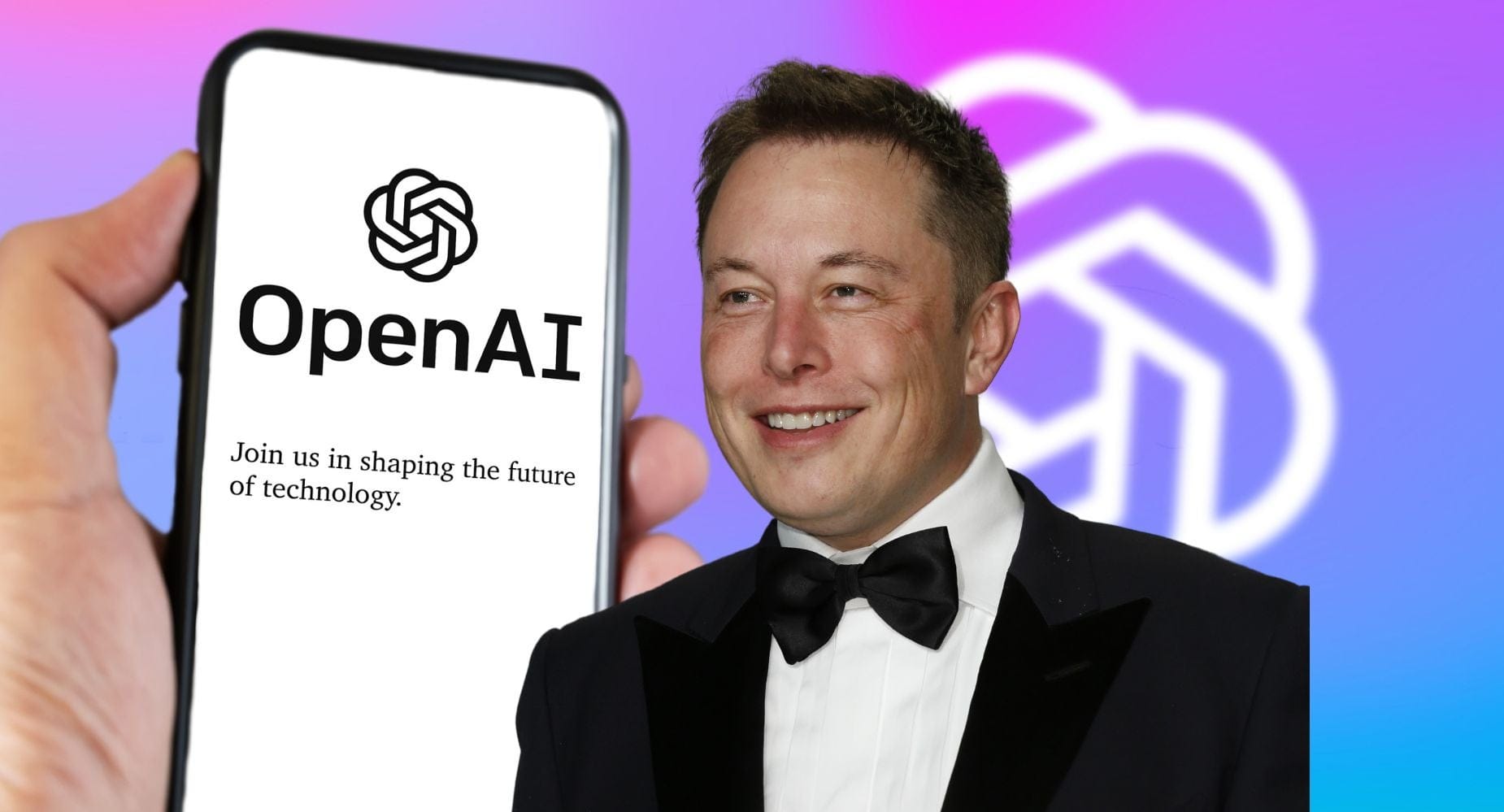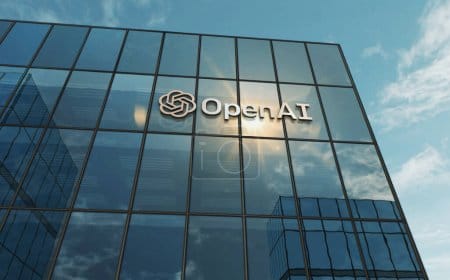OpenAI, the artificial intelligence research organization co-founded by Elon Musk, has recently disclosed a series of internal emails that shed light on the early discussions regarding its structural and operational framework. These emails, which date back to the organization’s formative years, illustrate Musk’s initial inclination towards a for-profit model for OpenAI. This revelation has sparked renewed interest in the ongoing debate about the balance between profit motives and ethical considerations in the field of artificial intelligence.
The emails, released as part of OpenAI’s commitment to transparency, outline a range of topics discussed among the founding team, including funding, organizational goals, and the potential implications of adopting a for-profit structure. Musk’s correspondence reflects a pragmatic approach to the challenges of securing adequate funding for ambitious AI projects, emphasizing the need for financial viability to support extensive research and development initiatives.
In the early stages of OpenAI’s establishment, the organization aimed to attract significant investment to facilitate groundbreaking research in artificial intelligence. Musk’s emails indicate that he believed a for-profit model could provide the necessary resources to propel the organization forward, allowing it to attract top talent and invest in advanced technologies. This perspective aligns with the broader trend in the tech industry, where many startups pursue profit-driven models to ensure sustainability and growth.
However, the discussion surrounding OpenAI’s structure was not solely focused on financial considerations. The emails also reveal a philosophical debate among the founding members about the ethical implications of AI development and the responsibility that comes with it. Musk expressed concerns about the potential risks associated with AI, advocating for a model that would prioritize safety and ethical guidelines in AI research. This dual focus on profitability and ethical responsibility reflects the complex landscape of AI development, where organizations must navigate the tension between innovation and societal impact.
As OpenAI evolved, the organization ultimately decided to adopt a hybrid model that combines elements of both nonprofit and for-profit structures. This decision was influenced by the recognition that while financial resources are crucial for research and development, ethical considerations must remain at the forefront of the organization’s mission. The hybrid model allows OpenAI to pursue funding through partnerships and investments while maintaining a commitment to its core values of safety and transparency in AI research.
The release of these emails has reignited discussions about the role of profit in the technology sector, particularly in fields as impactful as artificial intelligence. Critics argue that a profit-driven approach may compromise ethical standards, while proponents contend that financial sustainability is essential for fostering innovation and progress. This ongoing debate underscores the importance of establishing clear guidelines and frameworks for AI development that prioritize both technological advancement and ethical considerations.
In addition to the implications for OpenAI, the emails also raise broader questions about the future of AI research and the responsibilities of organizations in this rapidly evolving field. As AI technologies continue to advance, the potential for both positive and negative societal impacts becomes increasingly pronounced. Organizations must grapple with the challenge of balancing innovation with ethical responsibility, ensuring that their research aligns with the best interests of society as a whole.
The release of Elon Musk’s internal emails serves as a reminder of the foundational discussions that shaped OpenAI’s trajectory and the ongoing challenges faced by organizations in the AI sector. As the conversation surrounding AI ethics and organizational structures continues to evolve, it is imperative for stakeholders to engage in meaningful dialogue about the future of technology and its implications for society.
In conclusion, the newly published emails from Elon Musk provide valuable insights into the early decision-making processes at OpenAI, highlighting the interplay between financial viability and ethical responsibility. As the organization continues to navigate the complexities of AI development, these discussions remain relevant in shaping the future of artificial intelligence and its role in society.


